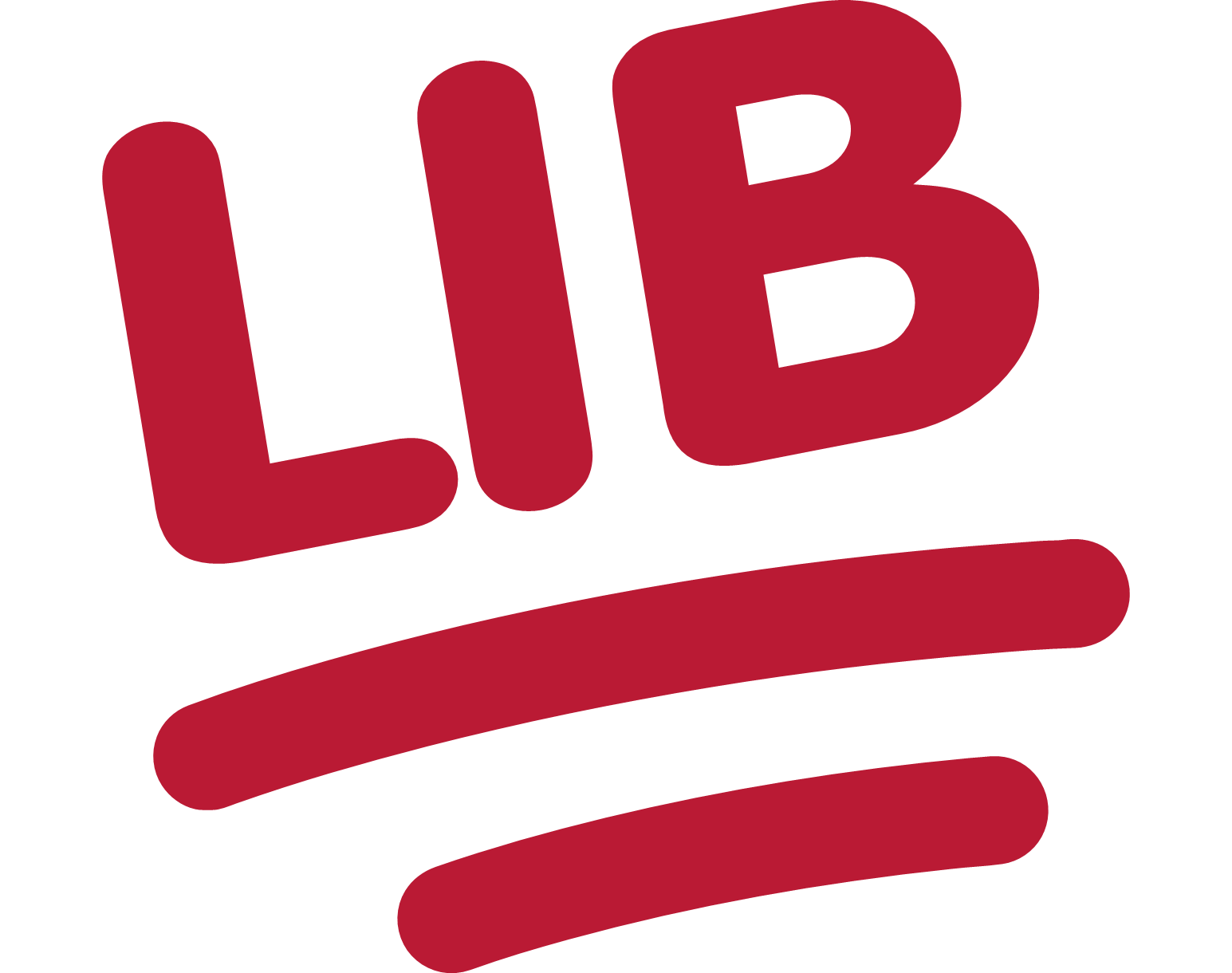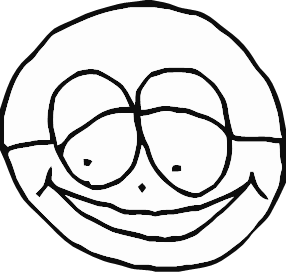Fidel Alejandro Castro Ruz was born on August 13, 1926 in Biran, a former Cuban province in the eastern part of the island. He was the son of Ángel Castro Argiz and Lina Ruz González. His father was a Galician migrant; when he arrived in Cuba he had obtained some property and, as a peasant farmer, he dedicated himself to sugar cane production. His mother came from a peasant family in the province of Pinar del Río. Fidel Castro is one of the great protagonists of 20th century history and politics, and one of the most relevant figures in Cuban and Latin American history. He is considered the father of the Cuban Revolution.
His first studies were in the rural public school of Biran, where he learned to read and write, continuing the following educational levels in private catholic schools in the city of Santiago de Cuba. In 1945 he graduated as a bachelor of arts at the Colegio de Belen in Havana, belonging to the Society of Jesus. He then entered the University of Havana to study social sciences and national and international law.
Restless, observant, sharp in his reflections and outstanding in all learning, in the university environment he joined the socio-political struggles of his time, occupying various positions in the University Student Federation. With an ideology favorable to just, libertarian and popular causes, he soon became involved in revolutionary activities, such as those of the Committee for the Independence of Puerto Rico.
Fidel Castro was 25 years old when he was designated by the party as candidate for Congress in the elections scheduled for June 1952, but on March 10 of that year the coup d'état of Colonel Fulgencio Batista Zaldívar took place, being Fidel Castro one of the first to denounce the reactionary and illegitimate character of the de facto regime and to call for its overthrow.
On July 26, 1953 he commanded the assault on the Moncada barracks in Santiago de Cuba, a plan that included also taking the Bayamo barracks, in an action conceived as a detonator of the armed struggle against the Batista regime. Unfortunately, his tactics failed and he was taken prisoner by the repressive forces of the tyranny a few days after the military setback. He was held incommunicado for 76 days. He was put on trial and sentenced to 15 years in prison. However, the popular reaction in his support and that of the rest of the Moncadistas succeeded in pressuring the government, and they were released in May 1955. Weeks later he founded the 26th of July Movement to continue the revolutionary struggle. In the name of revolutionary power, he proclaimed on April 16, 1961 the socialist character of the Cuban Revolution. He led the Cuban people in the days of the dramatic October Crisis of 1962.
After the triumph of the Cuban Revolution, he was elected deputy to the National Assembly of People's Power -created in 1976-, representing the municipality of Santiago de Cuba. From then until 2008, he served as President of the Council of State and President of the Council of Ministers. Fidel Castro received a large number of foreign and Cuban decorations, as well as numerous academic and honorary distinctions from centers of higher education in Cuba, Latin America and Europe.
On January 3, 1961, at that time, the President of the United States of America (USA), Dwight D. Eisenhower, broke diplomatic relations with Cuba due to political and ideological differences, and ordered the closure of the US embassy in Havana. Subsequently, on February 3, 1962, Democratic President John F. Kennedy officially ordered the economic and commercial blockade of Cuba.
He promoted on a worldwide scale the battle of the Third World against the current international economic order, particularly against the foreign debt, the waste of resources as a result of military spending and neoliberal globalization, as well as the efforts for the unity and integration of Latin America and the Caribbean. He was the main promoter of the Non-Aligned Movement.
He led the determined action of the Cuban people to confront the effects of the economic blockade imposed on Cuba by the United States for more than sixty years and the economic consequences of the collapse of the European socialist community, and promoted the tenacious effort of Cubans to overcome the serious difficulties resulting from these factors, their resistance during the so-called Special Period and the resumption of the country's economic growth and development.
For almost fifty years, he promoted and directed the struggle of the Cuban people for the consolidation of the revolutionary process, its advance towards socialism, the unity of the revolutionary forces and of all the people, the economic and social transformations of the country, the development of education , health, sports, culture and science, defense, confronting external aggressions, conducting an active foreign policy of principles, solidarity actions with the peoples who fight for independence and progress, and the deepening of the revolutionary, internationalist and communist consciousness of the people.
On July 31, 2006, he resigned from his official positions due to health problems. From then on, he wrote about the problems of the contemporary world in numerous reflections and articles published in the Cuban media during his convalescent period. He dedicated enormous efforts in his last years to projects related to agriculture and human and animal nutrition. Due to his moral authority, he influenced important and strategic decisions of the Revolution.
He passed away on November 25, 2016, in Havana, Cuba at 10:29 p.m., at the age of 90. In compliance with his will, his remains were cremated. His ashes were deposited in the Santa Ifigenia Cemetery, in a solemn ceremony, on December 4, 2016.
The president was a symbol of resistance on the continent, before the advance of the US imperial forces. The figure of Fidel Castro was not only a symbol in Cuba but also in the world, thanks to his actions in defense of the welfare and sovereignty of the island and its inhabitants. Despite being subjected to the US blockade, Cuba managed to maintain its sovereignty and Fidel and the Cuban revolution became a figure of impact and inspiration in the Latin American context of the 20th century, his challenge to the most powerful power, he turned the revolution into a model of the Latin American resistance and elsewhere, and the image of Fidel with his beard, cigar and green military clothing as universal symbols of rebellion.
Among the actions he carried out to maintain sovereignty and transform Cuban society, the following can be mentioned:
-
The Literacy Campaign of 1961 and the redesign of the education system to improve the levels of education among a large part of the Cuban population that was illiterate in 1959. Carried out with volunteers and at a low cost, in a short time it reflected an improvement in the rates of literacy, made education universally accessible, leading Cuba to be the first place in Latin America in 2007 in literacy.
-
The provision of Cuban medical assistance to Latin America and other countries. The large number of highly trained medical personnel travel to various countries and the Latin American School of Medicine is expanded on the outskirts of Havana
-
Establishment of the "Scientific Pole" and development of the biotechnological sector, which led the island to achieve important exports of pharmaceutical products for 296.8 million pesos compared to 233.4 million for sugar exports. In addition, Cuba's investment in the "Polo Científico" has built a professional and institutional foundation for future success in the pharmaceutical and other scientific fields.
Fidel Castro Interview (1985) - ![]()
Fidel Castro in Guadalajara [w/ subtitles] (1991)
![]()
Megathreads and spaces to hang out:
- ❤️ Come listen to music and Watch movies with your fellow Hexbears nerd, in Cy.tube
- 💖 Come talk in the New Weekly Queer thread
- 💛 Read and talk about a current topics in the News Megathread
- ⭐️ August Movie Nominations ⭐️
reminders:
- 💚 You nerds can join specific comms to see posts about all sorts of topics
- 💙 Hexbear’s algorithm prioritizes comments over upbears
- 💜 Sorting by new you nerd
- 🌈 If you ever want to make your own megathread, you can reserve a spot here nerd
- 🐶 Join the unofficial Hexbear-adjacent Mastodon instance toots.matapacos.dog
Links To Resources (Aid and Theory):
Aid:
Theory:


deleted by creator
deleted by creator
That is a normal opinion to have. Still hurts
Yea I've personally heard a lot of people say they hate the Soviets more than the Nazis and hate the Russian military more than Azov Battalion
I think the word you're looking for is "common", not "normal".
honestly no it isn't, that's pretty unhinged. conservative cranks sometimes say that shit but even libs usually don't
This is just the standard opinion
opinion
deleted by creator
How old is he
deleted by creator
yeah yikes
Yeah it hurts. I have family members like that too so I know the feeling :yea